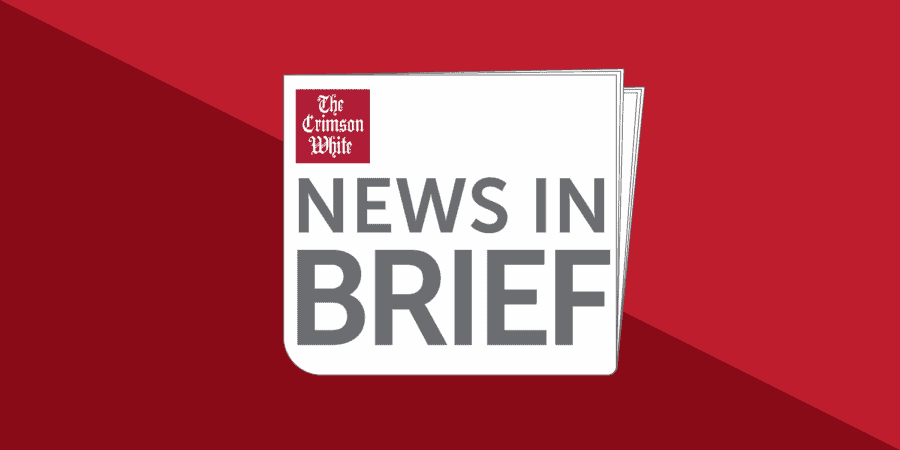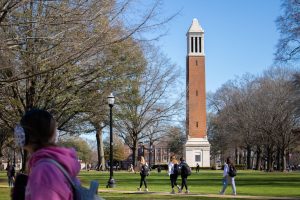Students concerned about local sales tax increase
April 18, 2019
The Tuscaloosa City Council approved a 1% sales tax increase at a meeting on April 9.
The sales tax increase will not take effect until the city resolves some of the financial burden the sales tax increase will cause Tuscaloosa residents. Initially, the city planned to do away with the grocery tax; however, the city cannot remove the tax without approval from the Alabama Legislature. The city council is now considering lowering the rate that residents pay for garbage collection.
Haley Handshy, a junior majoring in psychology, said she is concerned about the financial impact that the sales tax increase might have on students’ already stressed budgets.
“[Students] spend a fortune on school, books and living expenses,” Handshy said. “Even when working 40-hour weeks, we don’t necessarily have enough money to buy everything we want and need.”
Andrew Byrd, a sophomore majoring in international studies, philosophy and French, said he feels that the increased funds will be good for the city.
“I can see the sales tax being an additional burden on students,” Byrd said. “However, I do believe that sales tax is necessary so that the community and its infrastructure can keep up with modern times.”
The sales tax increase is a part of Mayor Walt Maddox’s “Elevate Tuscaloosa” plan, an initiative designed to stimulate business and draw new residents to Tuscaloosa through increased funding to different sectors of the city.
“‘Elevate’ is a plan for today and for years to come,” said Tuscaloosa City Councilman Eddie Pugh. “There are items that will help Tuscaloosa today but also items that will move Tuscaloosa forward in five, 10 and many years in the future.”
Pugh said the city hopes to designate funding to improve public transportation systems, city drainage systems, K-12 education programs and public safety equipment. The Tuscaloosa National Airport, the Bama Theatre and the Tuscaloosa Public Library would receive money for maintenance, remodeling and upgrade costs. In the future, the city government is planning to assign funds to enhance parks, nature trails and public sports facilities.
Byrd said the benefits of the “Elevate Tuscaloosa” plan, such as the proposed upgrades to Tuscaloosa’s airport, have the potential to outweigh some of the program’s costs.
“I think it would be wonderful for students to be able to fly in and out of Tuscaloosa instead of making the drive to Birmingham,” Byrd said. “I think it will reduce some of the financial burden on students who already struggle to afford plane tickets.”
Pugh emphasized that the “Elevate Tuscaloosa” plan would lead to the creation of many new jobs. However, Handshy said she fears that instead of promoting the growth of new business, the greater tax rate will negatively impact the incomes of local businesses.
“I’m afraid that an increase in sales tax will probably deter people from shopping locally for goods that can be purchased online,” Handshy said.
The city of Tuscaloosa has not experienced an increase in sales tax since 1991.
At a meeting on March 5, the city council voted 4-3 against a sales tax increase.
City Hall estimates that the increased sales tax would bring in roughly $14.1 million during the first year and increase by about 2% every year after.










